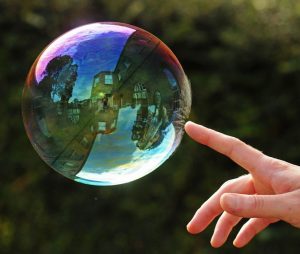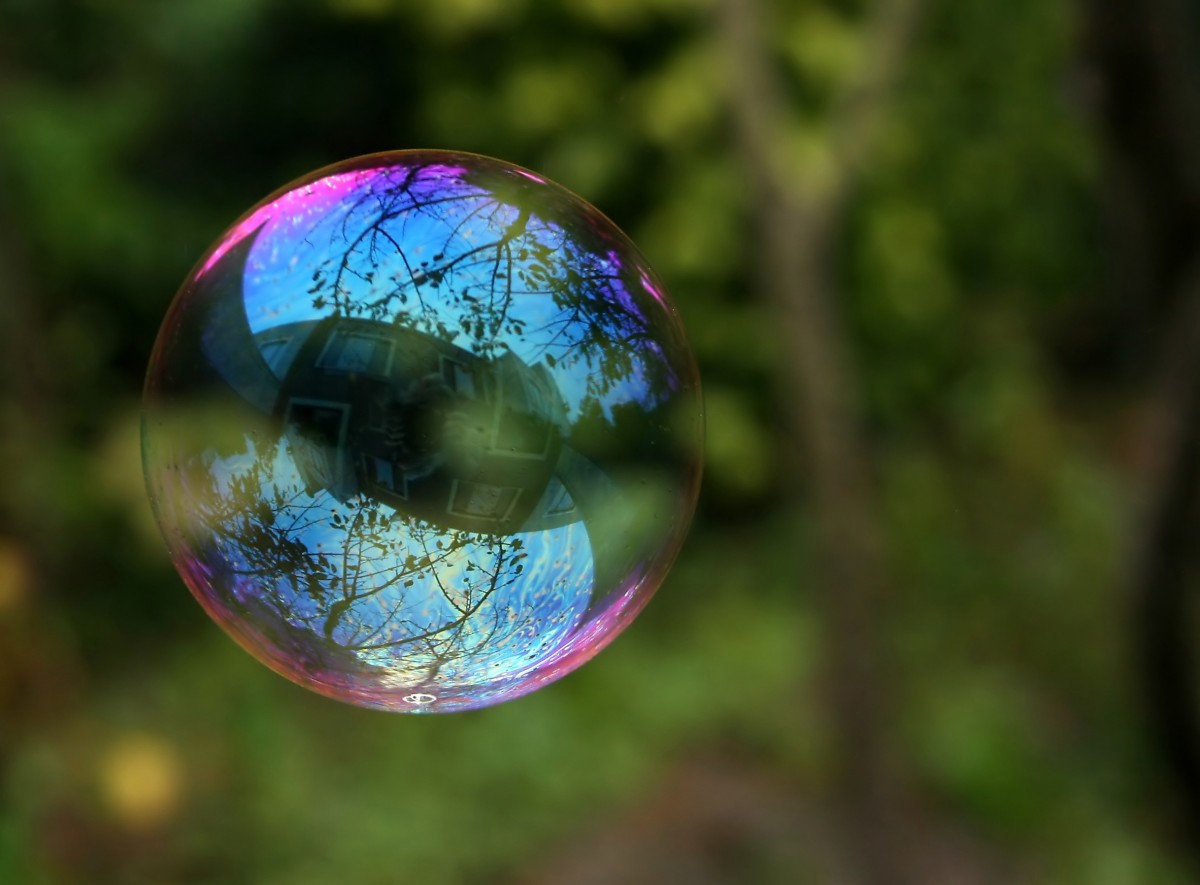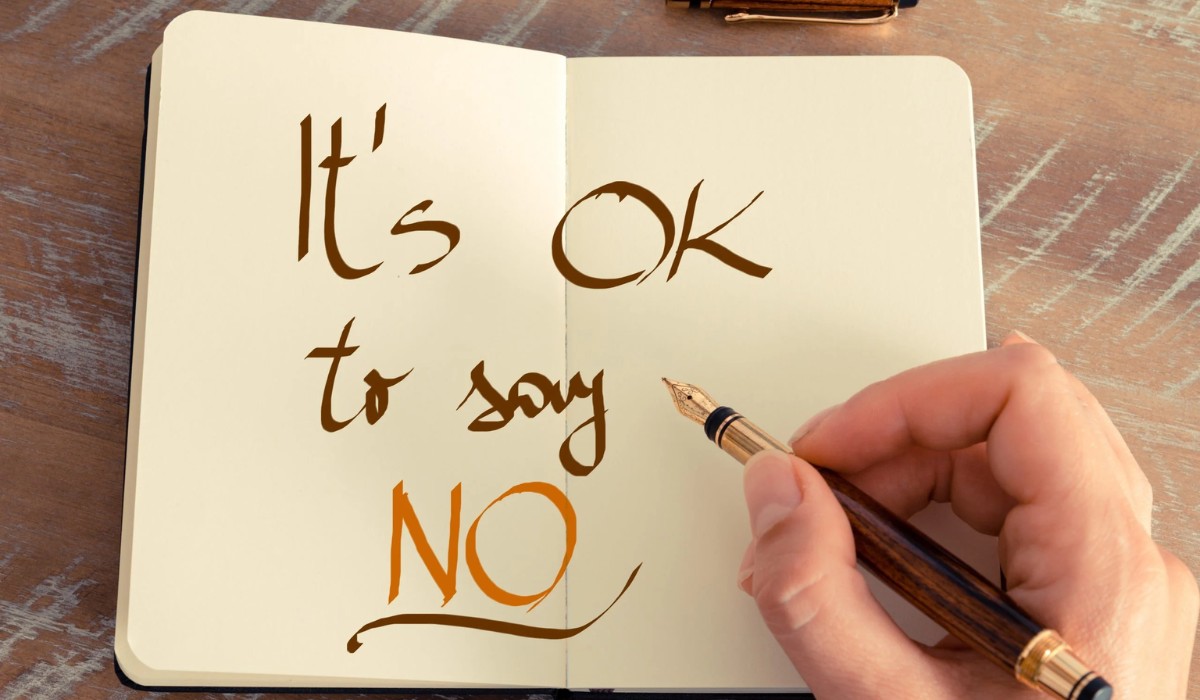French physicists have figured out a way to extend the usually short lives of bubbles, recounting how they spread the “fragile and ephemeral” lifetime of a single bubble to a mind-blowing 465 days.
The typical bathtub or dish soap bubble lasts just moments before popping due to the “gravity-induced drainage. Or the evaporation of the liquid” inside the sphere, according to the study’s authors.
But when researchers formed bubbles with a high concentration of glycerol — a compound commonly used in a host of foods and medicines — the compound was highly effective in staving off the sphere’s inevitable death by pop. One bubble apparently lasted for 465 days.
“The team says that the increased longevity of the water-glycerol marbles comes from the stabilizing effects of the glycerol,” according to a synopsis of the French team’s work published by the American Physical Society.

“Glycerol has a strong affinity with water and is known to absorb water from the air. The team thinks that this absorption of water compensates for evaporation. While the presence of the particles prevents drainage of water from the shell. Both of which are known causes of bubble rupture.”
While the French bubble achievement could seem needless to a layman. Moreover, New York University math professor Leif Ristroph said there could be some authentic applications to be drawn here.











